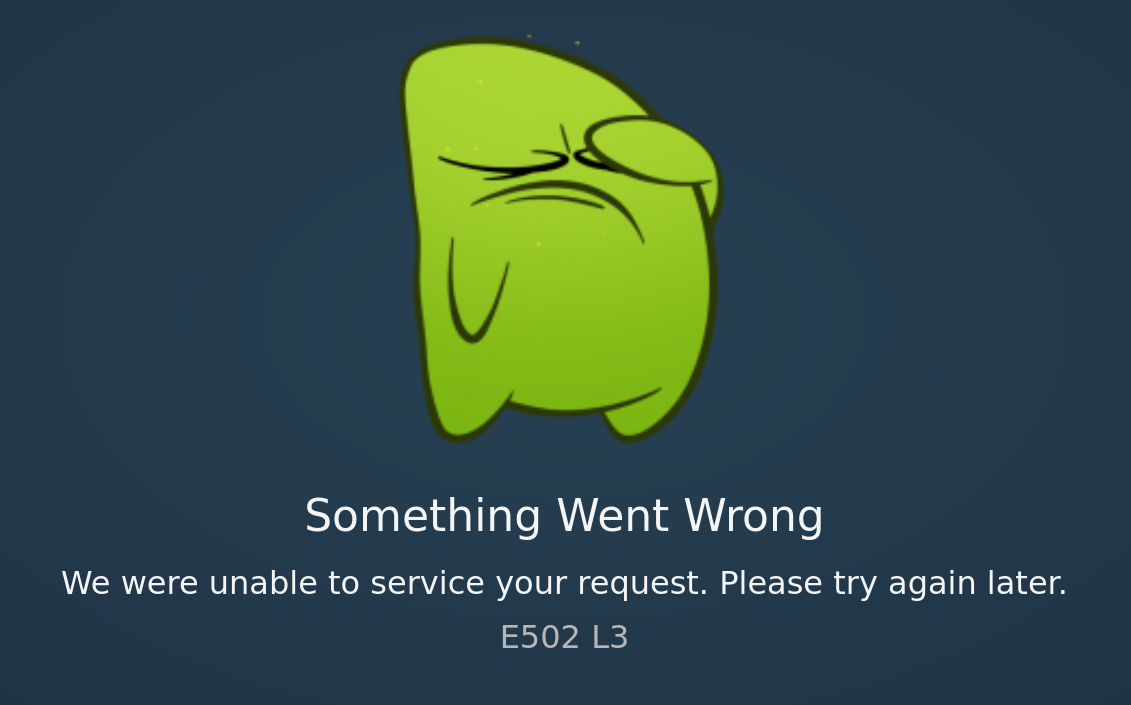I just pulled my Bangle.js 2 back out to play with making a better reminder system for myself. It works better than any of the other open source watches I've had with my GrapheneOS phone. The hardware isn't open source as far as I know, but their mobile app (fork of gadget bridge) is, as are all the apps that run on the watch, and (I think?) the watch OS.
azdle
Check your state or country's laws, you might not even need the contract amended. In the state that I live in any contract clause that tries to prevent you from doing any work entirely on your own time with entirely your own materials is explicitly unenforceable.
Plus if it's just a small open source library (assuming your employer is sane) it'd be a waste of money for them to even ask a lawyer to write a letter to you, because why would anyone care.
If you really care about getting it right, you can find a local employment attorney and have them explain your local laws and edit and/or negotiate your contract for you. I did that once, but I felt like it was probably a waste of the $900 I paid. (I mean, it definitely was a waste in that case because that job was a nightmare and it only lasted 2 months, lol.)
That's how it used to be for me too, something has changed. Before this current job search, I'd never put out more than 4 applications to get a job. Now I've put out dozens (I refuse to spray and pray), and am still unemployed 6 months later.
Yeah, the last 5 jobs (of 6 jobs) I've had I've applied with a markdown file or just a link to the rendered webpage in an email, IIRC.
In my head at least, it helps me filter for companies/managers that appreciate a hacker mentality. I also suspect it might help the applicant tracking systems parse my shit more correctly since it's just plaintext. (Though the opposite could also be true since I assume the vast majority of submissions would be PDF.)
I wrote my CV in markdown for my website. I just submit the markdown file as the resume. For the few jobs I've applied to that have required a PDF, I just copied the text from my webpage (to get rich text formatting) into LibreOffice and exported as a PDF.
Though, I might not not be the best example to follow, I've been unemployed for almost 6 months.
Donating to Mozilla doesn't change any behavior in Firefox.
Also, donations to Mozilla don't go towards Firefox development. As far as I'm aware the only way to "give" money to Mozilla Corp (who work on Firefox, as opposed to the Mozilla Foundation) is to subscribe to the VPN service they resell.
I'm in the process writing my own version of webscript.io, an old service that died back in 2017. It was a dead simple service that would run a Lua script for each HTTP request that came in to a URL. It sounds pretty trivial, but it was remarkably useful for hacking together little scripts for things like watching webpages for changes, little custom APIs for DIY IoT devices, translating from one API to another, and other simple stuff like that.
I've got enough of it built that I've been able to make a few actually useful things with it already. A few different job posting website scrapers were the first thing I made. I also made a little script that queries a live traffic api and sends my wife an estimated drive time for her commute home. The plan with that one is to watch the drive time as it's getting closer to the end of the day and if it starts spiking earlier/worse than normal, it can email her letting her know she should leave early if she can.
Before anyone thinks this could be good news for EA...
The offer comes from a group of investors that includes Silver Lake, one of the world's largest private equity firms, and Saudi Arabia's controversial Public Investment Fund.
WSJ states that it would "likely be the largest leveraged buyout of all time."
A leveraged buyout from a PE firm means they've decided EA needs to die and they're going to pick the carcass clean.
I've been wanting to play this for years, it seems right up my street, but I've never been able to get it working. No matter how much I fiddle with in-game settings, steam input, or proton, I can't get it to do anything but immediately look down and spin the camera.
-
Post your actual configs and logs or people will only be able to guess. (Censor any secrets.)
-
My guess: It's probably your nginx config.
-
Why are you using 0.19.4? That version is over a year old.
I'm curious, have you used Rust much? Most of those changes just feel like "rust should be more familiar to me" changes.
Also:
As Rust 2.0 is not going to happen, Rust users will never get these language design fixes
Isn't necessarily true for most of your suggestions. Since most of them are just changes to syntax semantics and not language semantics they could be made in an edition.

I've always wondered if something like this would work:
Take a relatively short bit of wire, make a flat spiral at one end about the size of the button, tape that spiral to the button. Then take the other end of the wire hook it up to a relay with the other end attached to ground (or any big metal object probably). I would imagine then closing the relay is "touching" and opening the relay is "not touching".
I have no idea if that would actually work, but it seems to me like it should. You just need something to interrupt the electric field above the "button".